More Italy Protests As Virus Gloom Engulfs Global Economy
Italian police fired teargas at demonstrators protesting virus restrictions on Tuesday for the second night running, as dire figures on global tourism and investment highlighted the devastating economic impact of the pandemic.
Thousands protested again in Italian cities with the cry of "freedom" punctuated by clashes with police, with many traders and employees fearing a second wave economic slump as much as the rising virus numbers.
The protesters are upset at the mandatory early closure of restaurants and other businesses. Some of the rallies have turned violent, particularly in Milan and Turin on Monday night, where angry youths threw petrol bombs and stones at police cars and smashed up shop fronts.
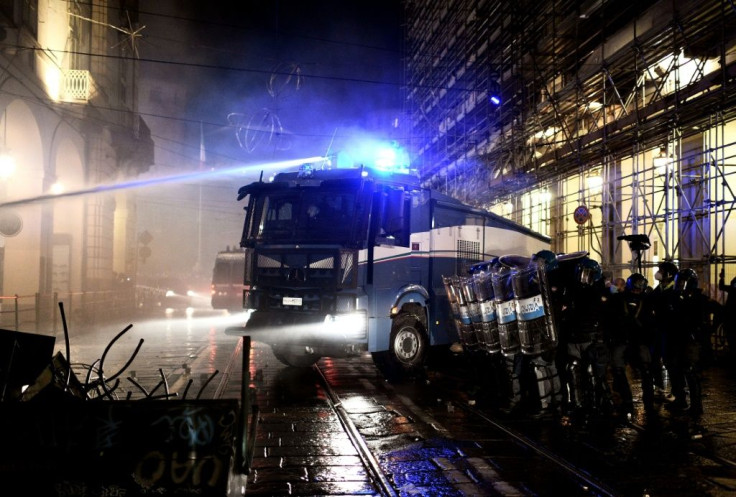
The clashes are "a black page" in Turin's history, said local police chief Giuseppe De Matteis, "which cannot be attributed to social discontent but... to orchestration by individuals dedicated to crime".
Late on Tuesday, the Italian government announced the release of five billion euros ($5.9 billion dollars) of funding for the worst hit professions, including restaurants, taxi drivers and live entertainment venues.
However, unhappiness over the measures in Italy and elsewhere in Europe -- once again the global epicentre of the pandemic -- is palpable among the business owners and residents who are once again facing lengthy restrictions as economies struggle to recover.
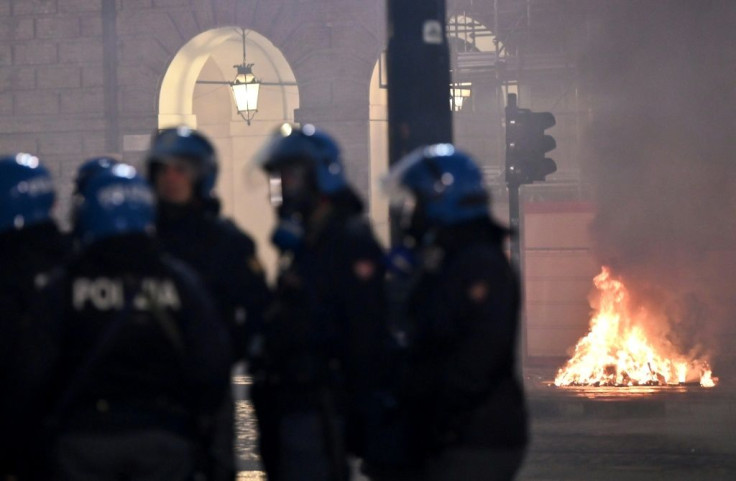
The United Nations, which is battling its own outbreak, forcing it to halt all face-to-face meetings at its New York headquarters, published a slew of data laying bare the travails of the global economy.
While the World Tourism Organization said tourism had collapsed by 70 percent this year leading to a $730-billion loss in revenues, the UN's trade body UNCTAD said foreign direct investment was likely to slump by 40 percent.
The grim economic outlook was compounded by continuing spikes in virus cases across Europe and beyond -- Iran and Russia both registering record highs for daily cases on Tuesday.
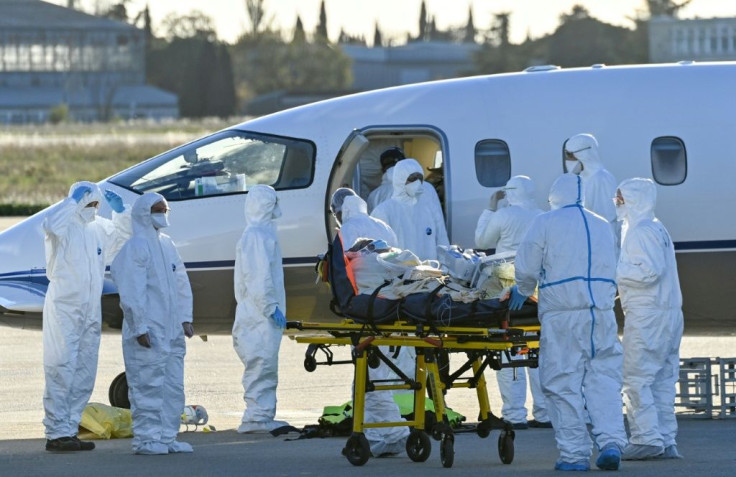
Russian Foreign Minister Sergei Lavrov is self-isolating after coming into contact with someone who tested positive for Covid-19, his ministry said Tuesday.
Worldwide more than 1.1 million have died from the virus since it emerged late last year in China.
The United States is the worst-affected country with 225,739 deaths.
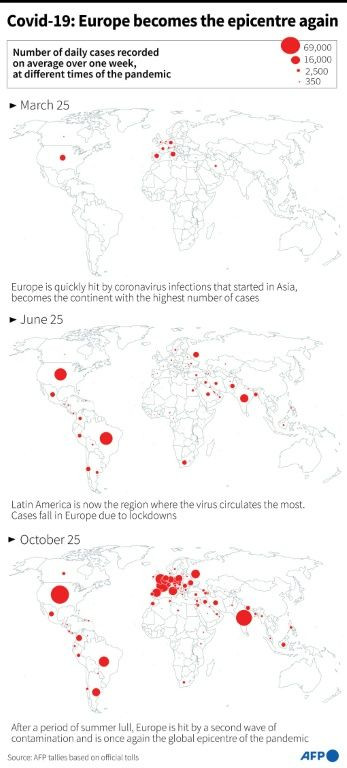
In France, battling one of the worst outbreaks in the world, officials said they were facing "hard choices" as hospitals warned they were just days away from being overrun with patients.
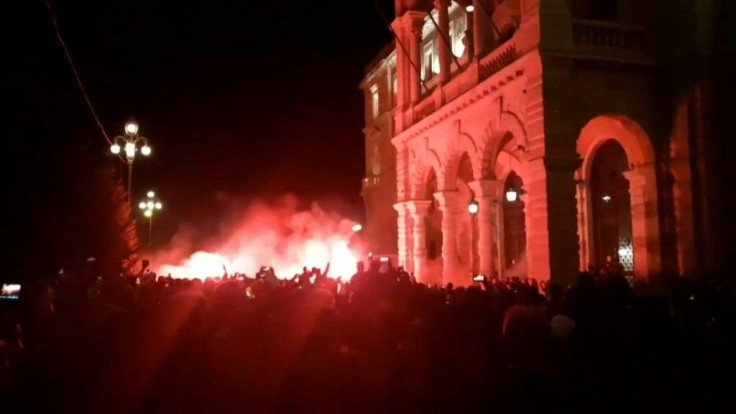
"The outbreak is out of control," said infectious disease specialist Gilles Pialoux, urging the government to lock down. "The economy can bounce back, but you don't bounce if intensive care fails."
France on Sunday recorded a grim record of 52,010 coronavirus infections in 24 hours and officials said Tuesday that tougher restrictions are looming to counter the alarming surge in Covid-19 cases as doctors warned many hospitals are just days away from being overrun with patients.
Media reports say President Emmanuel Macron, who will address the nation again on Wednesday evening, might extend the hours of an existing curfew, possibly with a full lockdown on weekends, or order targeted lockdowns in the hardest-hit regions.
Europe's economy has been hard hit.
Almost one-fifth of jittery eurozone banks tightened lending requirements in the third quarter, compared with just one percent in the previous period, a survey by the European Central Bank showed in an indication that the banks' faith in a recovery is faltering.
And the UN's revelations on the tourism slump were thrown into sharp relief as the airline industry body IATA said revenues are expected to be 46 percent lower in 2021 than the $838 billion booked in the last pre-coronavirus year of 2019, in a marked worsening of its forecasts.
Japanese airline ANA forecast a record $4.87-billion net loss for the year, announcing it would retire aircraft and send hundreds of staff to work for other companies.
In Algeria, President Abdelmadjid Tebboune has been hospitalised, his office said Tuesday, days after he went into self-isolation after suspected coronavirus cases among his aides.
In its statement, however, the presidency said Tebboune's "state of health does not raise any concern".
On the pharmaceutical front, Pfizer executives expressed measured optimism Tuesday over the prospect of providing a coronavirus vaccine in 2020.
Pfizer Chief Executive Albert Bourla said the drug giant could supply some 40 million doses in the United States in 2020 if clinical testing proceeds as expected and regulators approve a vaccine.
In contrast to the restrictions being imposed in Europe, residents of Australia's second-biggest city Melbourne were getting ready to party -- with bars set to open fully for the first time since March after the city recorded two days with no new infections.
"We have been waiting a long time," bar owner Greg Sanderson told AFP, saying customers had booked in for a champagne celebration the moment it is permitted -- at 11:59 pm (1259 GMT) on Tuesday.
© Copyright AFP 2024. All rights reserved.




















